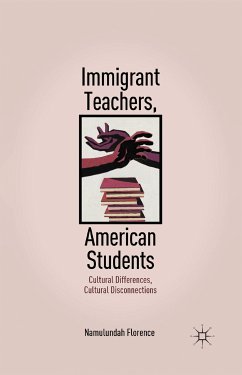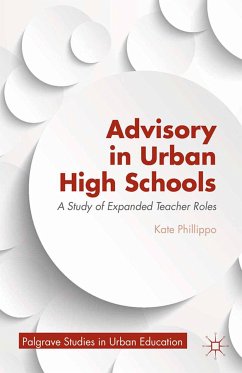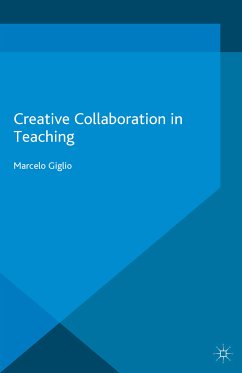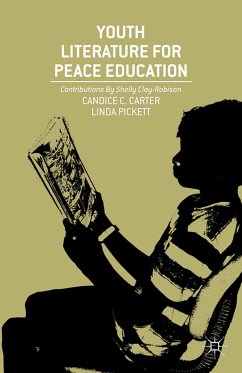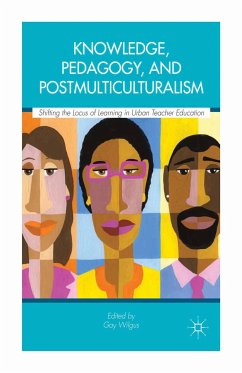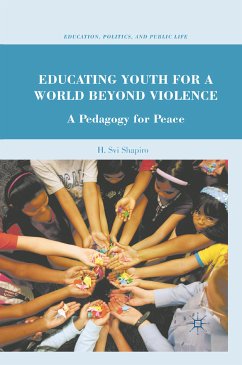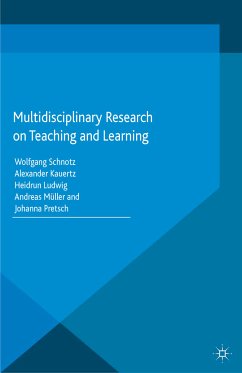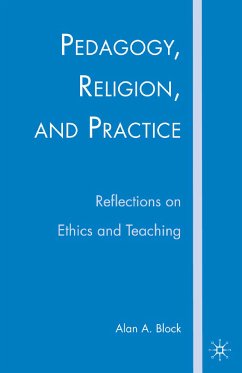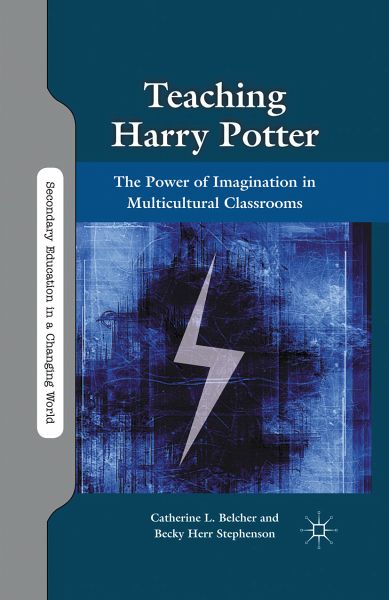
Teaching Harry Potter (eBook, PDF)
The Power of Imagination in Multicultural Classrooms
Versandkostenfrei!
Sofort per Download lieferbar
40,95 €
inkl. MwSt.
Weitere Ausgaben:

PAYBACK Punkte
20 °P sammeln!
Given the current educational climate of high stakes testing, standardized curriculum, and 'approved' reading lists, incorporating unauthorized, popular literature into the classroom becomes a political choice. The authors examine why teachers choose to read Harry Potter , how they use the books, and the resulting teacher-student interactions.
Dieser Download kann aus rechtlichen Gründen nur mit Rechnungsadresse in A, B, BG, CY, CZ, D, DK, EW, E, FIN, F, GR, HR, H, IRL, I, LT, L, LR, M, NL, PL, P, R, S, SLO, SK ausgeliefert werden.



